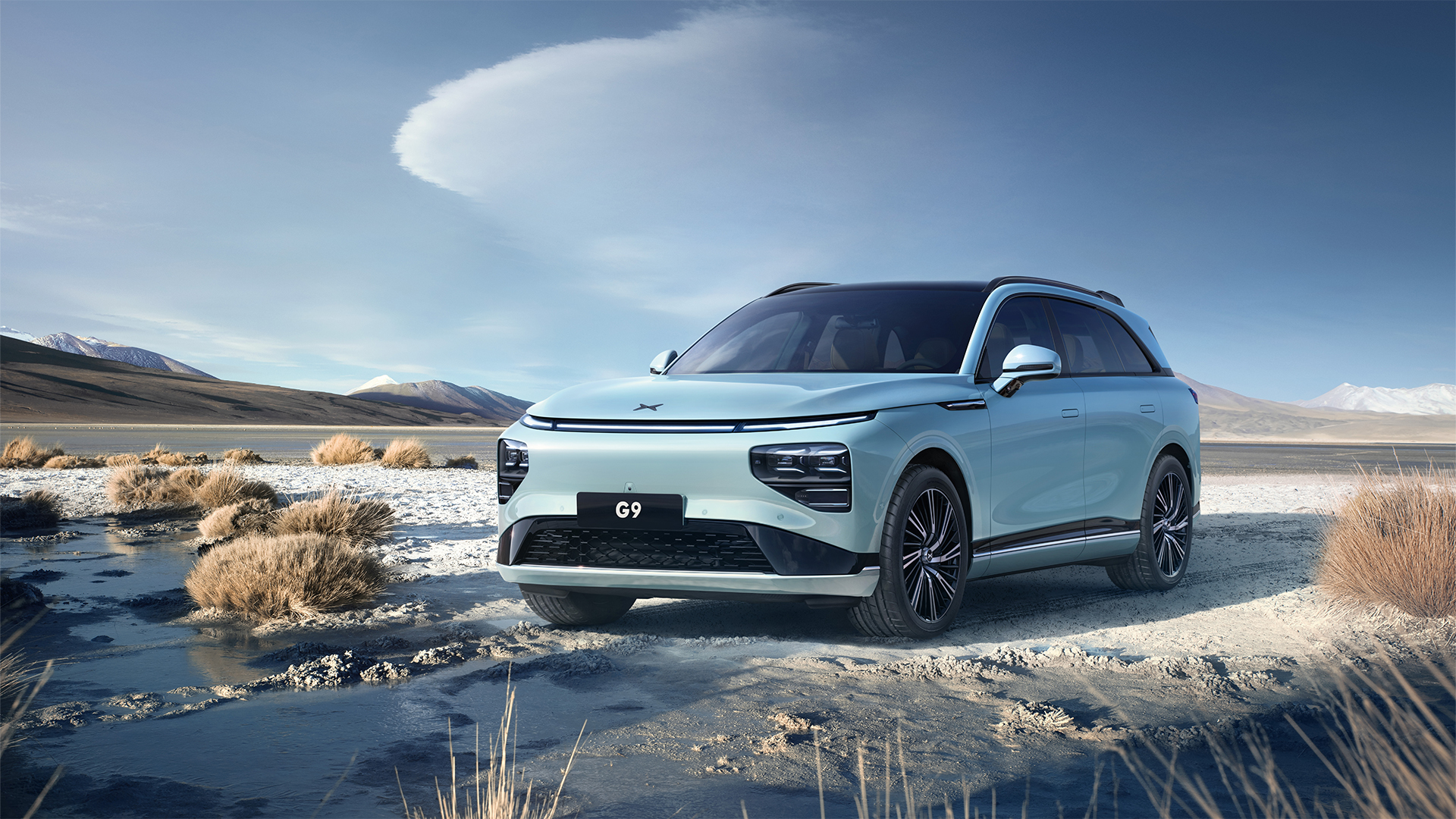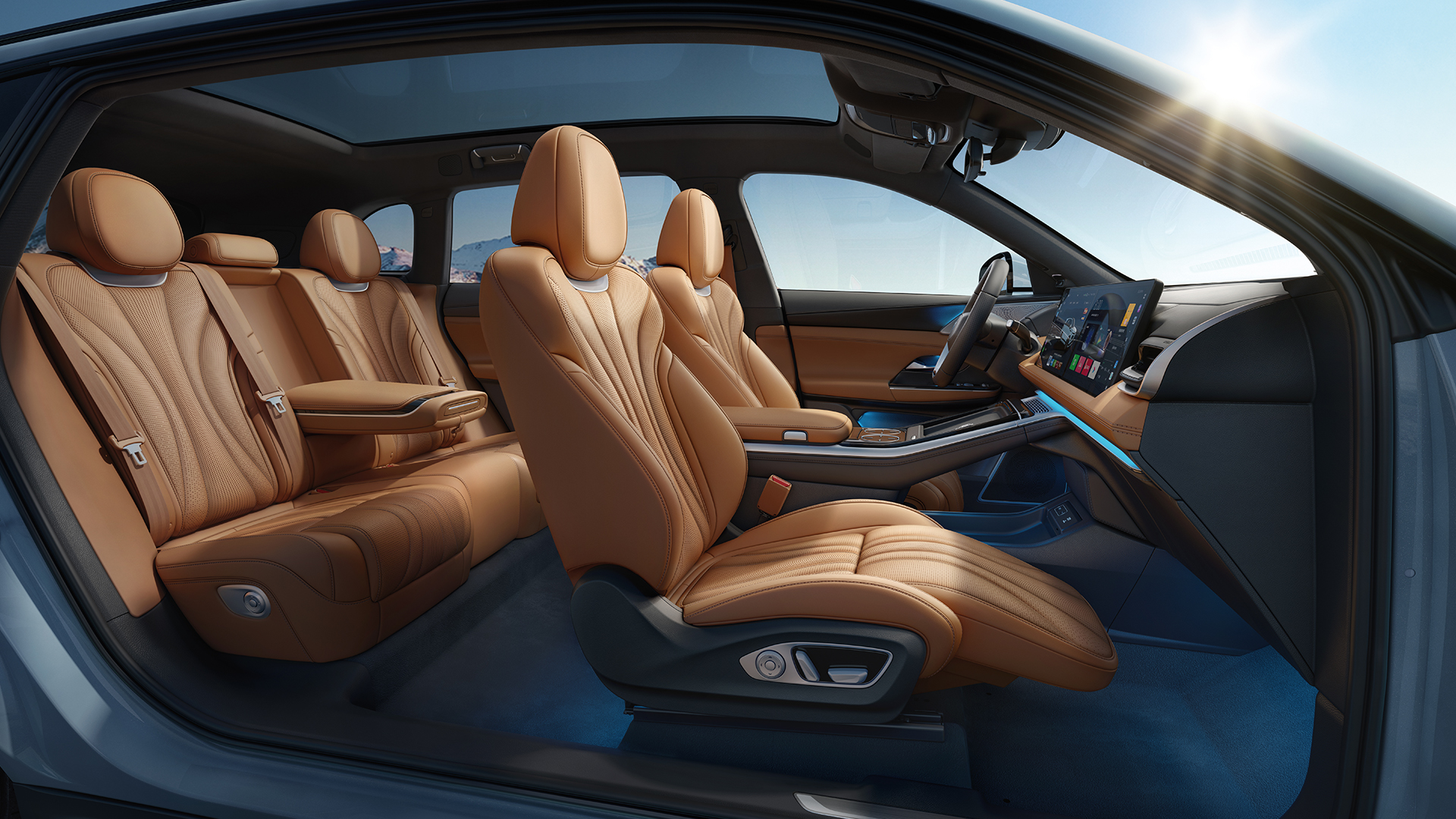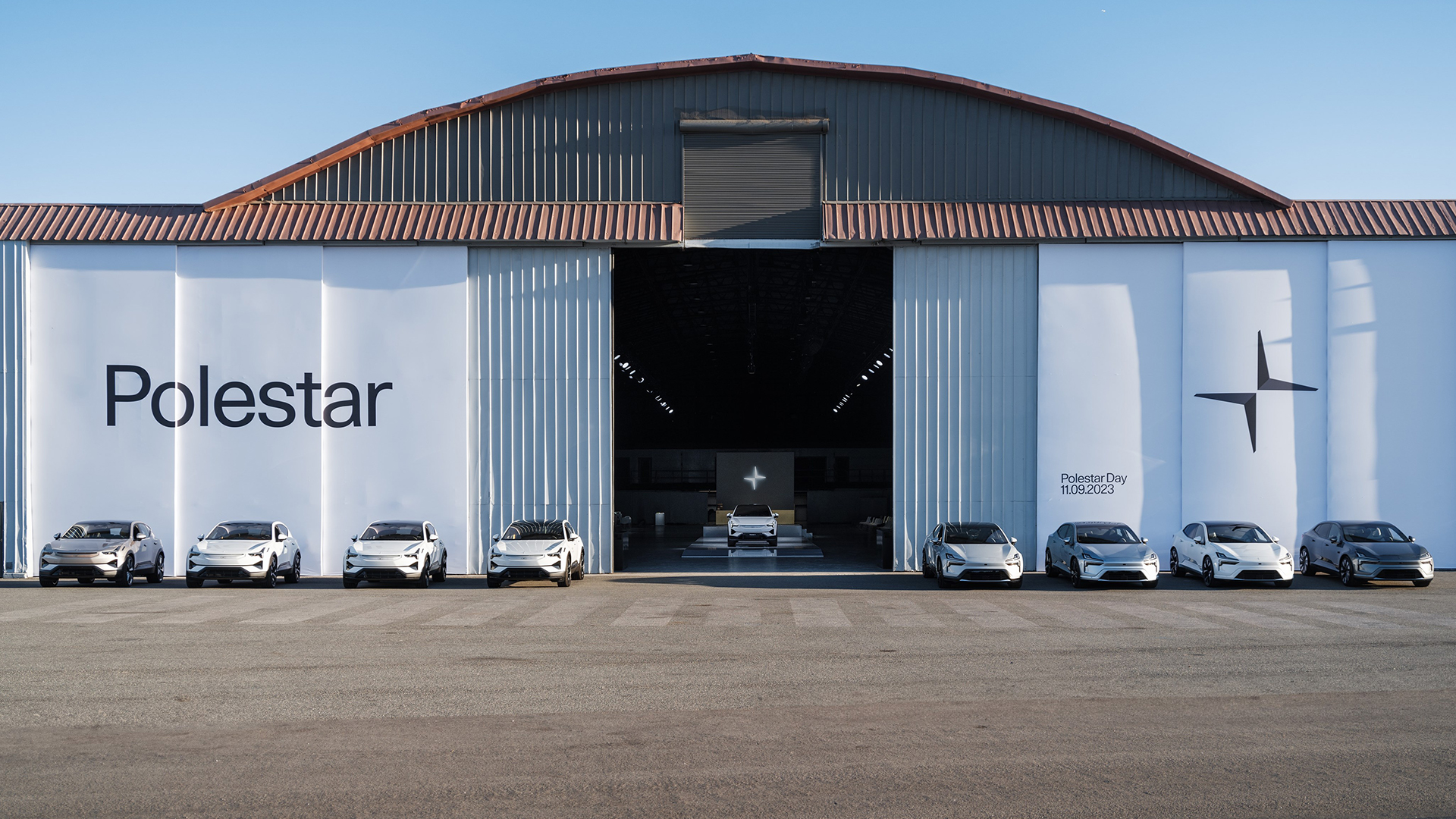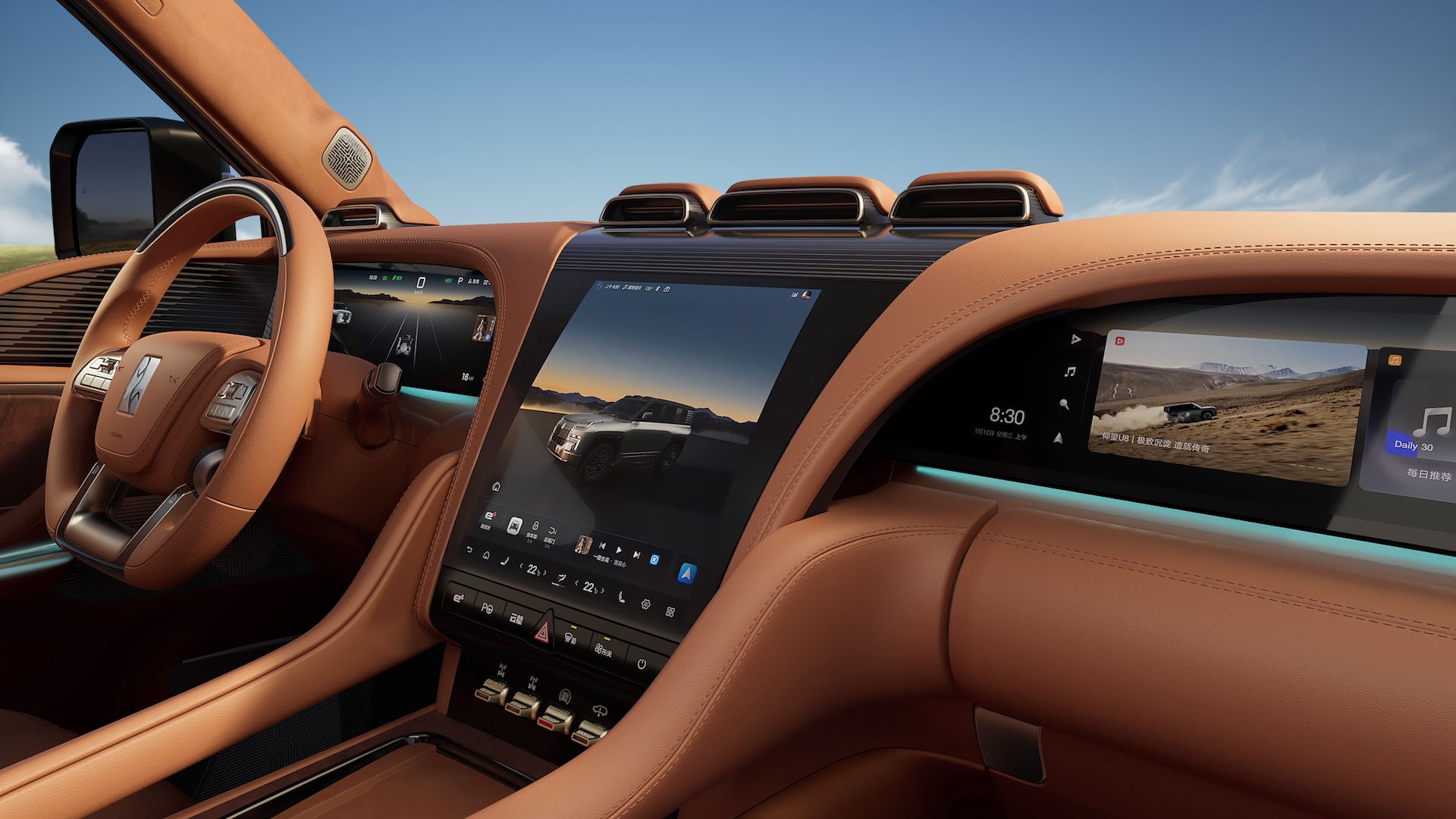Chinese EVs could be derailed in the US as President Biden brands them a security threat
President claims software poses a risk to national security

- President Biden says Chinese EVs pose "risks to our national security"
- Takes first steps towards blocking internet-connected Chinese EVs from US
- New restrictions could curb the sale of Chinese EVs in the US
President Biden has increased the pressure on Chinese EV manufacturers, as he recently announced the opening of an investigation into the potential security risk that imported cars might pose to the US.
According to The New York Times, the president has opened a Commerce Department investigation that will look at the technology embedded in these vehicles and whether data handled by Chinese firms could pose a risk to national security.
The measures are a result of conversations with Detroit automakers, union autoworkers and Tesla, all of whom have expressed concerns about cheaper electric vehicles flooding the market and impacting the bottom lines of domestic manufacturers.
Although Biden has yet to take any direct action on Chinese imports, The New York Times claims that administration officials made it clear that this was the first step in what could be a wide range of policy responses to stem the flow of low-cost Chinese EVs entering the USA.

The announcement follows a change in federal tax credit rules, which came into effect on January 1 in the US. It limited the $7,500 tax break on new EV purchases to a handful of electric vehicles that have been assembled domestically and manufactured from materials sourced in the US.
It was implemented to reduce manufacturer reliance on "Foreign Entities of Concern," or FEOC, namely China, North Korea, Russia and Iran. Essentially, any manufacturer outsourcing battery tech to any of those aforementioned countries can no longer offer the tax incentive on new vehicles.
"China is determined to dominate the future of the auto market, including by using unfair practices," President Biden said in a statement accompanying the announcement. "China’s policies could flood our markets with its vehicles, posing risks to our national security. I’m not going to let that happen on my watch."
Get daily insight, inspiration and deals in your inbox
Sign up for breaking news, reviews, opinion, top tech deals, and more.
Not only could the new restrictions limit the sale of Chinese EVs in the US, drastically curbing the availability of more affordable EV technology to potential customers, but it could also have a direct impact on the software used in infotainment systems.
Biden officials stated that results of the investigation could also lead to restrictions on those American-made EVs that rely on software from China.

The recent announcement could prevent the likes of BYD, Nio, Xpeng and Aiways-badged vehicles entering the market, but it could also impact those more recognizable marques that have recently been taken over by Chinese owners.
These include the likes of Volvo, which is admittedly a low-volume seller in the US, as well as Polestar, Lotus and MG.
Currently, there are no guidelines on the potential restrictions and whether they will only affect those vehicles manufactured and assembled in China, rather than Chinese-owned brands.
But if Biden’s policies extend to software and other Chinese-made hardware, it could prove a monumental headache for most major EV manufacturers, which have become reliant on cheaper parts from the Far East.
Analysis: A privacy threat, or a competitive threat?

It has been well reported that many of the most popular cars on the road today are a privacy nightmare. The advent of the connected vehicle, which is now essentially ubiquitous across the automotive landscape, means modern transport is constantly sending information to the cloud and further afield.
Research in 2023 from security expert Mozilla found that 25 of the most recognized automotive manufacturers were collecting more data than was necessary, with 84 per cent of them going on to sell it, while three-quarters of those investigated included personal data in that package.
What's more, the pathways for private data to flow out of the vehicle are only increasing, with things like EV public charging stations also siphoning information, packaging it up and selling it on to third parties.
The International Association of Privacy Professionals (IAPP) found that public-facing charging stations in the US collected data, such as personal information, IP addresses and even browsing history, while details of precise location was also commonly gathered.
"In the wrong hands, this information is not only creepy, but dangerous. It can be used to pinpoint a consumer’s exact location with incredible accuracy," IAPP member Justin Banda wrote in 2022.
Although it is clear why President Biden has raised his concerns about the threat to national security from outsiders, this isn't a new issue and the problems surrounding security flaws in infotainment systems and public charging networks have been highlighted on an annual basis by various white hat hacker groups.
With Donald J. Trump looking like an increasingly likely opponent in the United States presidential election this November, Biden’s actions could also be seen as part of a wider 'toughening up' on China, something his opposition has been rallying for.
You might also like

Leon has been navigating a world where automotive and tech collide for almost 20 years, reporting on everything from in-car entertainment to robotised manufacturing plants. Currently, EVs are the focus of his attentions, but give it a few years and it will be electric vertical take-off and landing craft. Outside of work hours, he can be found tinkering with distinctly analogue motorcycles, because electric motors are no replacement for an old Honda inline four.